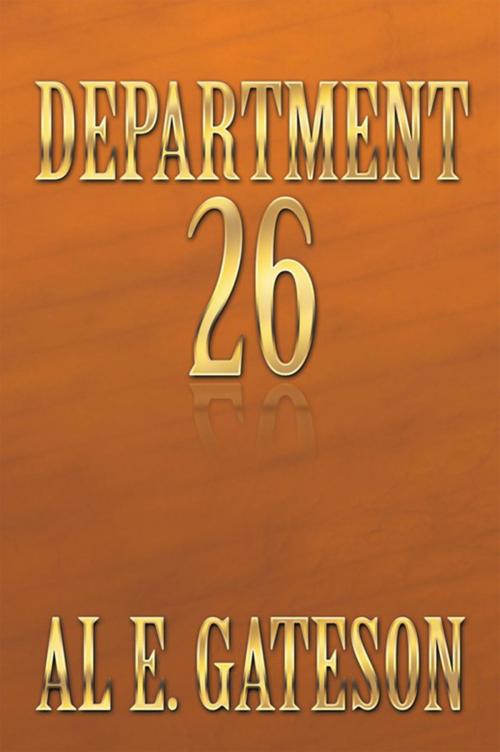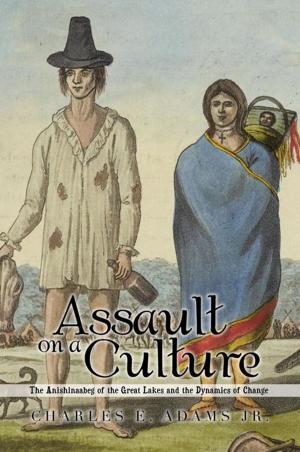| Author: | Al E. Gateson | ISBN: | 9781493129461 |
| Publisher: | Xlibris US | Publication: | January 8, 2014 |
| Imprint: | Xlibris US | Language: | English |
| Author: | Al E. Gateson |
| ISBN: | 9781493129461 |
| Publisher: | Xlibris US |
| Publication: | January 8, 2014 |
| Imprint: | Xlibris US |
| Language: | English |
After 9/11 the American President at the time, after lengthy discussions with his inner circle, including the FBI, created a special anti terrorist unit and called it VIPER. The mandate of Viper was to be a unit that was more proactive in dealing with worldwide terrorism and hunt the terrorists down where they lived before they could engage in any destructive activities. In discussing certain points of this new unit to Americas allies several of them suggested that this unit should be international in scope and employ agents from many nations. Within a matter of three months the unit was formed, headquartered in Miami but dealing with terrorist threats over most of the globe. The majority of the funding for this unit came out of various black budgets and augmented by funds from other nations. The unit operated very successfully for three years and was eventually moved to Paris, France as its new headquarters. From Paris it continued its work for a further two years. Eventually a certain group of American senators decided that all funding should be withdrawn from the program and all American agents associated with it should be discouraged from working in the unit because these politicians were of the opinion that it was not the American way to hunt down and kill dangerous terrorists avoiding due process and the law. Once this information reached all of the member nations participating in Viper and the fact that all American funding, amounting to seventyfive percent of the operating costs was to be withdrawn, it was apparent to all concerned with Viper that the unit would soon be disbanded. There followed some hurried meetings between British MI6 and the security units of allied nations that believed that Viper should not be dismantled. An agreement was reached that the unit should carry on with the lost American funding to be picked up by the other participating nations in Viper. The unit continued operating under a different name. Henceforth they would be called, Department 26 Department 26 continued its search for those who would do us harm. There were some failures but overshadowed by many successes
After 9/11 the American President at the time, after lengthy discussions with his inner circle, including the FBI, created a special anti terrorist unit and called it VIPER. The mandate of Viper was to be a unit that was more proactive in dealing with worldwide terrorism and hunt the terrorists down where they lived before they could engage in any destructive activities. In discussing certain points of this new unit to Americas allies several of them suggested that this unit should be international in scope and employ agents from many nations. Within a matter of three months the unit was formed, headquartered in Miami but dealing with terrorist threats over most of the globe. The majority of the funding for this unit came out of various black budgets and augmented by funds from other nations. The unit operated very successfully for three years and was eventually moved to Paris, France as its new headquarters. From Paris it continued its work for a further two years. Eventually a certain group of American senators decided that all funding should be withdrawn from the program and all American agents associated with it should be discouraged from working in the unit because these politicians were of the opinion that it was not the American way to hunt down and kill dangerous terrorists avoiding due process and the law. Once this information reached all of the member nations participating in Viper and the fact that all American funding, amounting to seventyfive percent of the operating costs was to be withdrawn, it was apparent to all concerned with Viper that the unit would soon be disbanded. There followed some hurried meetings between British MI6 and the security units of allied nations that believed that Viper should not be dismantled. An agreement was reached that the unit should carry on with the lost American funding to be picked up by the other participating nations in Viper. The unit continued operating under a different name. Henceforth they would be called, Department 26 Department 26 continued its search for those who would do us harm. There were some failures but overshadowed by many successes















